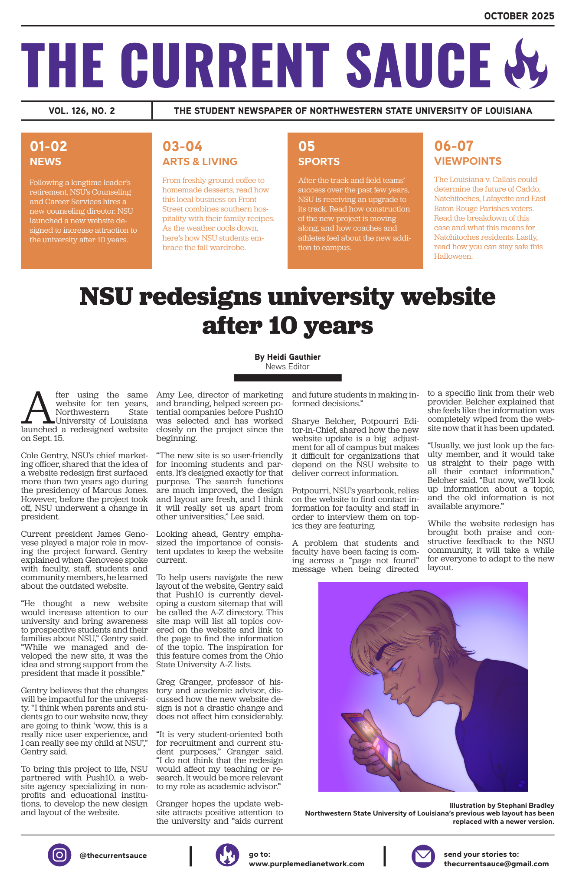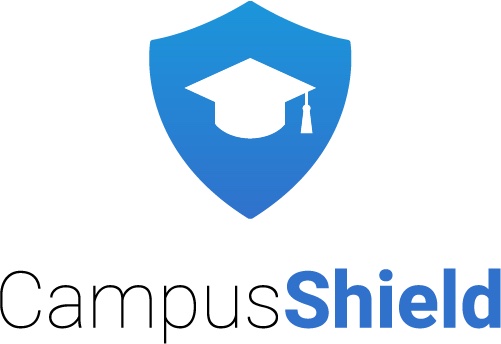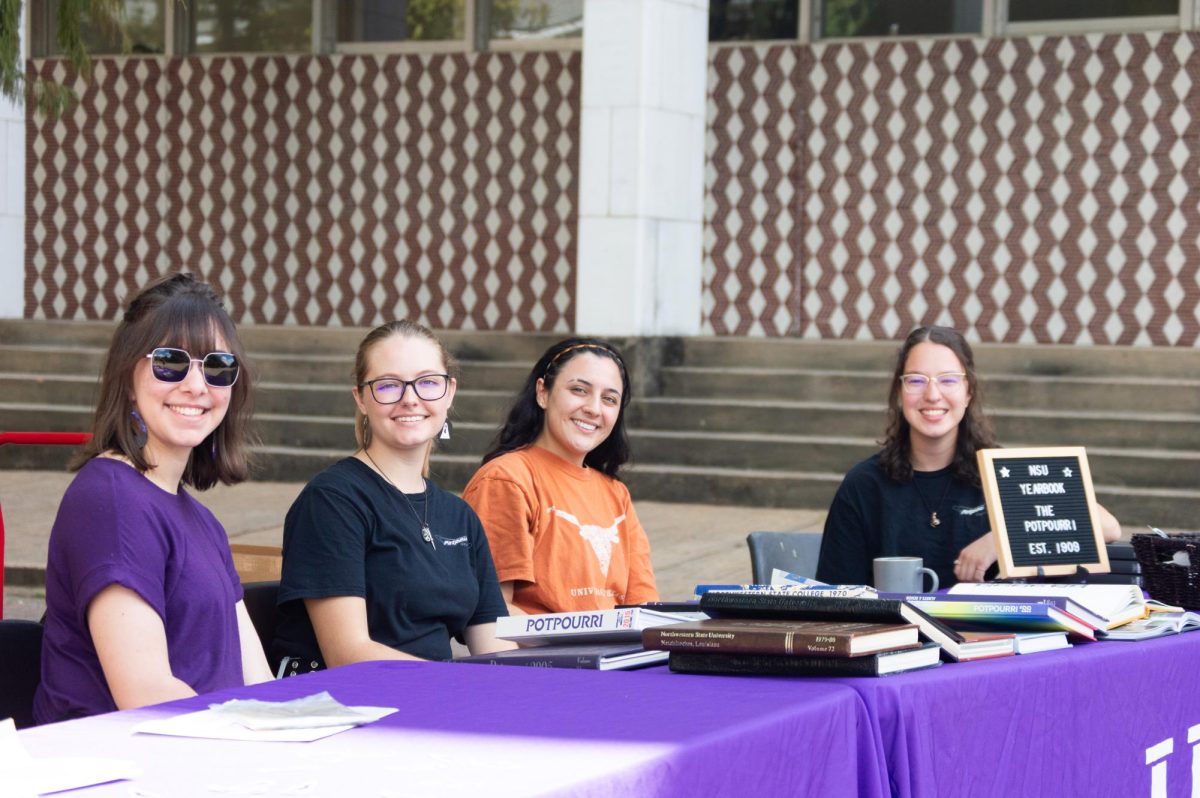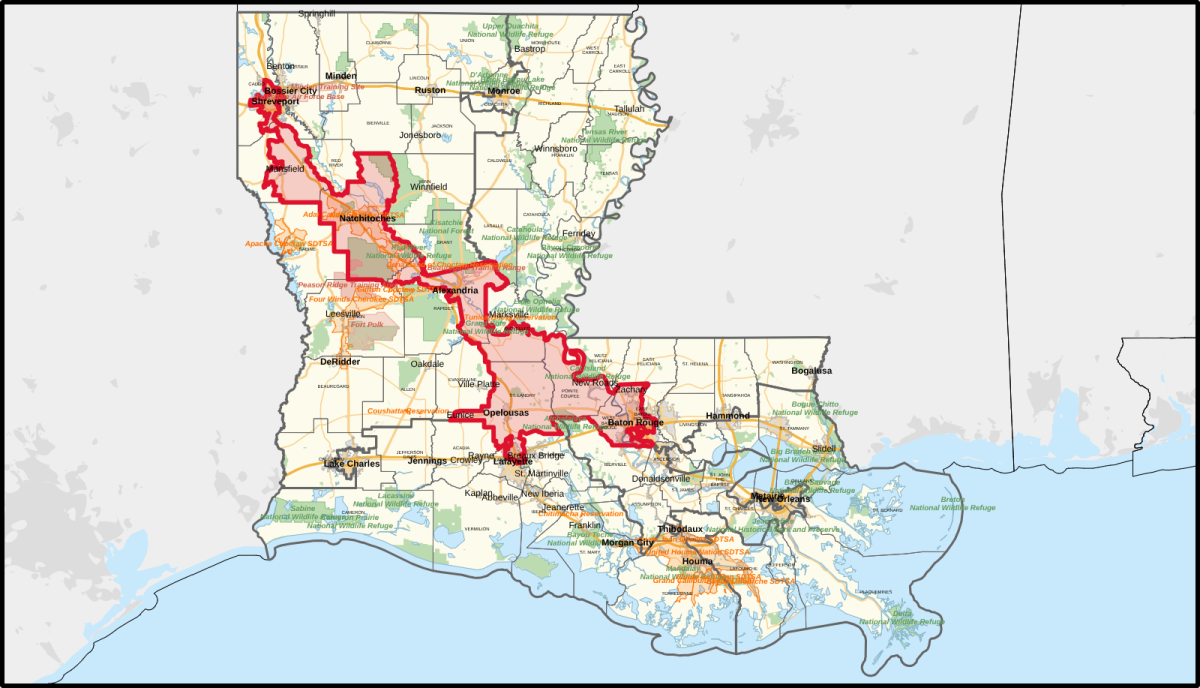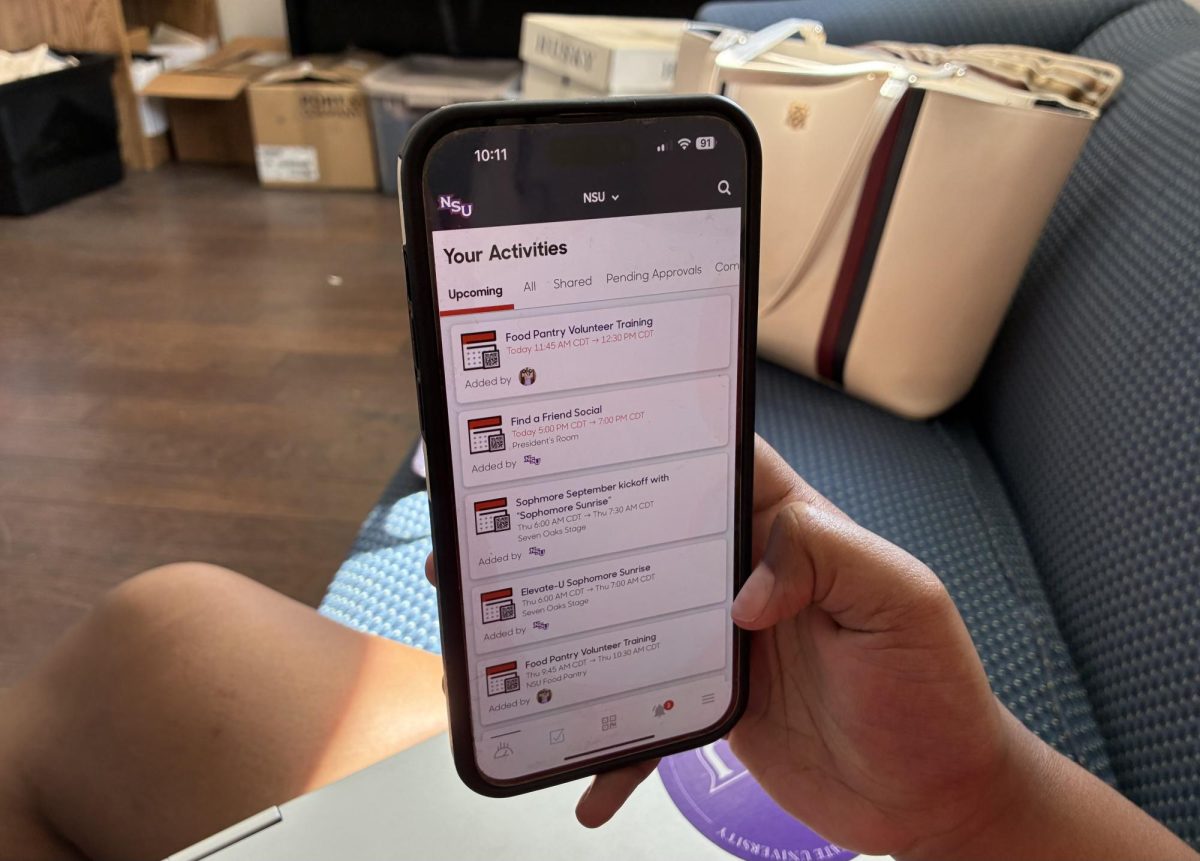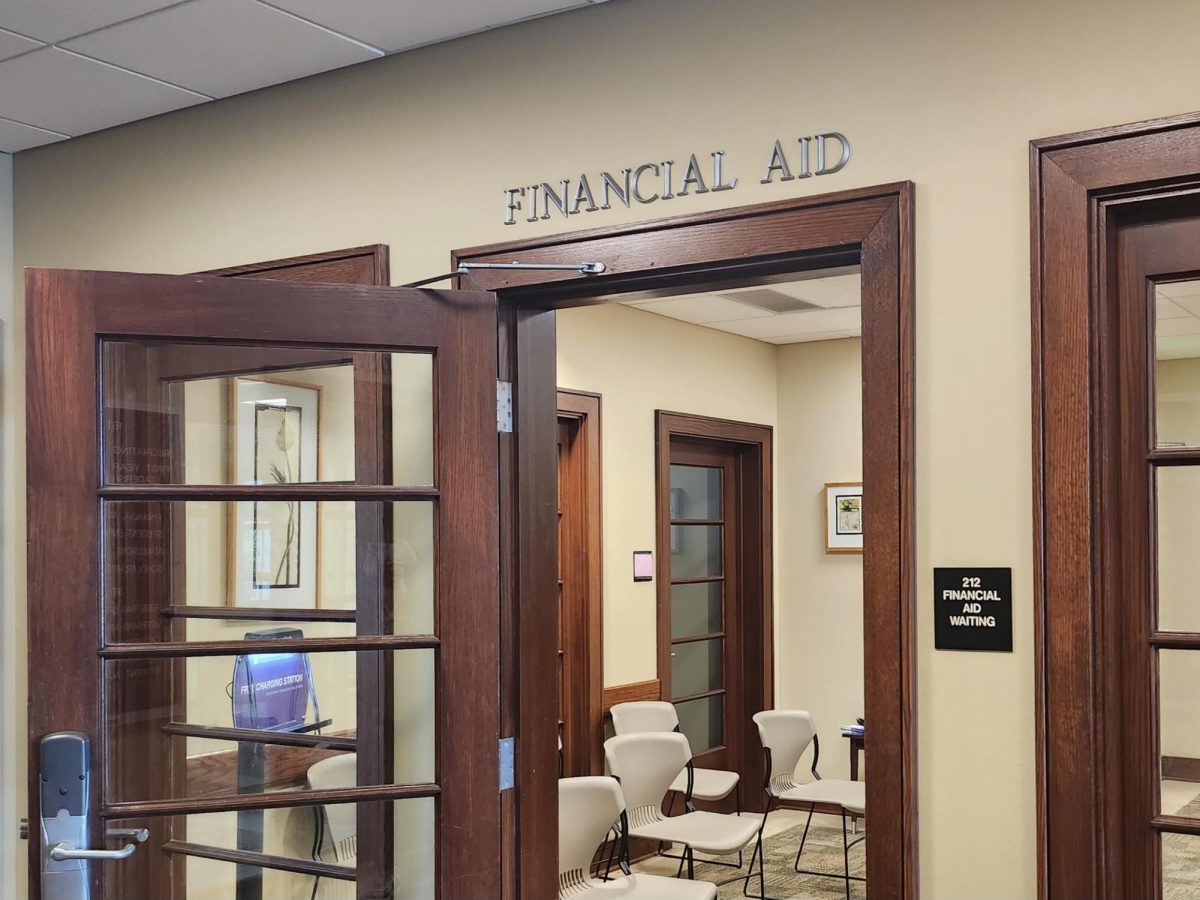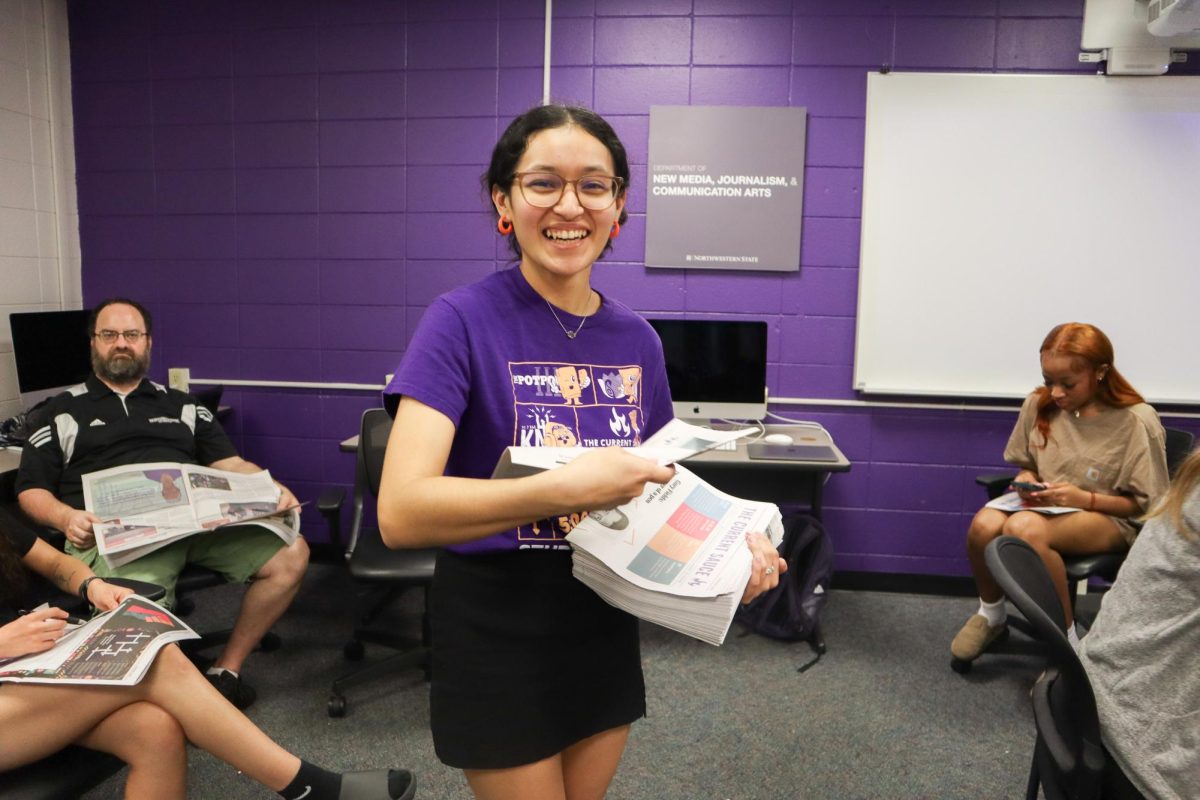Safety should always be a cornerstone of campus life, but how often do students stop and ask themselves: Are we using the resources designed to keep us safe?
Campus Shield, the Northwestern State University of Louisiana’s safety app, offers features such as connecting students to campus security, providing emergency alerts and serving as a virtual safety escort. While the app is designed to enhance campus safety, its usage and impact on students remain unclear.
Sue Weaver, a communication professor at NSU, emphasized the need to bring the app to the forefront. “Faculty should be made aware of Campus Shield to help promote it to the students,” Weaver said.
However, many students either don’t know about Campus Shield or don’t use it.
Chloe Hudson, a freshman strategic communication major, explained she downloaded the app initially but never felt the need to use it. “I guess I didn’t know what ways I could use it. I’ve never explored all it had to offer,” Hudson said.
In contrast, Dishaun Lamb, a junior health and exercise science major, knew about the app but gained more insight after discussing it in class. “I’ve got more information about it learning about it here,” Lamb said.
For Mason Wray, a junior psychology major, the app’s relevance hinges on living arrangements. “I found out about it during international orientation, but I don’t really use it because I’m not living on campus. I think it’s a really good idea for people living on campus to keep campus security and campus life safe,” Wray said.
While Wray associates the app primarily with on-campus use, Campus Shield is also designed to assist students living off-campus by providing safety features like emergency alerts and virtual safety escorts.
Weaver noted that promoting the app effectively is crucial, especially as it is relatively new. “When I taught this class last January, Campus Shield didn’t come up when we discussed campus safety,” Weaver said.
Weaver teaches Group Dynamics, where the goal of the class is to identify a problem on campus and propose possible solutions. She explained that during last year’s brainstorming sessions on campus safety, the app wasn’t mentioned in the discussion. This, she said, highlights the need to raise awareness about Campus Shield among the campus community, as it could play an important role in addressing safety concerns.
While the app offers potential, its impact depends on improved promotion to students and faculty alike. Faculty awareness could drive classroom discussions and foster engagement.
For now, the question remains: Should more students explore Campus Shield and give safety the attention it deserves?

